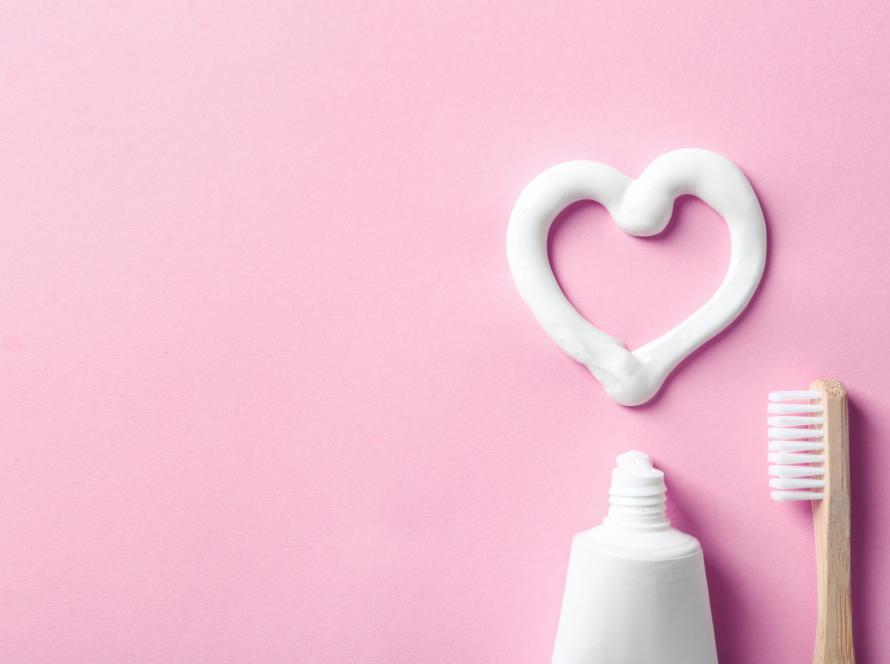Most new parents are unaware that kids oral care must start from birth onwards. Yes, even before your little one gets their first teeth at around six months. Starting early helps maintain perfect oral health, and that means you keep the little one’s mouth bacteria-free.
Learn how you can prioritize your child’s oral health even before you take them to their first children’s dentist appointment at month six.
The importance of starting early oral care
Keeping the baby’s mouth and gums clean ensures there is no chance of bacteria developing here and entering the baby’s system. Milk residue on their gums can cause trouble too. Cleaning it out ensures healthy gums, which are critical for healthy teeth later on.
The teeth may begin to emerge at the age of six months. Start cleaning the baby’s teeth even as it begins to emerge. Healthy teeth in the correct position ensure that permanent teeth can come in at the right places later.
Also, getting the child accustomed to dental cleaning is a fantastic way to introduce oral hygiene right from the start. When the teeth come in, and you start brushing, they are already used to similar activities, and they cooperate.
Essential oral hygiene tips for infants ages 0-6 months
All you need for efficient kids oral care for a newborn is a clean washcloth. Clean the baby’s mouth and gums gently and softly with the wet washcloth twice daily or after feeding. Hold their head in the crook of your arm to ensure you do not accidentally apply too much force as they wiggle around. Keep your nails clean and trimmed so that you don’t injure their tender inner mouth or gums accidentally. Clean their tongue with a clean washcloth too.
While it is not time for the first children’s dentist visit, you can always visit one if you are still determining how to tackle your baby’s dental hygiene at this point.
One main aspect to focus on is keeping bacteria away from their mouth. Common ways in which bacteria can gain access is via things that they put in their mouth. That includes pacifiers, teethers, their bottle, your fingers, toys, etc.
Sterilize the things that go in her mouth most often. Keep your fingers clean and your nails trimmed to prevent bacteria growth in between the crevices of your hand. Clean your hand thoroughly before you come to the baby.
Putting baby’s pacifier or bottle nipple in your mouth to clean it or kissing baby on the lips is a big ‘NO’!
Get ready for babies first tooth!
The central incisors (front teeth) are usually the first to emerge. These may be the upper or the lower set, and they can peep out at any time, starting from six months of age to 14 months. The next teeth are those just beside the central incisors. This is the time for the baby’s first visit to the children’s dentist too.
You know that baby is teething when they are drooling more than average. This can even cause rashes around the mouth. Some babies develop a very mild fever or seem warmer than usual too.
Flushed cheeks and reddish or sore gums are an indicator of teething too. So is a more fussy infant who is not sleeping well. You may also notice her rubbing her ear frequently.
While your baby’s dentist will address all kids oral care concerns during the visit, don’t hesitate to clarify your doubts. Try to familiarize the baby with what will happen at the dentist’s by playing games with her where she opens wide when you go, “Say Aaaah.”
Oral health depends on how soon and how well you begin kids oral care. Don’t wait for the first tooth to make an appearance. Even earlier, the baby’s gums need cleaning and care. Schedule an appointment when the baby begins to teeth. Then, maintain a regular schedule for visiting the children’s dentist.


